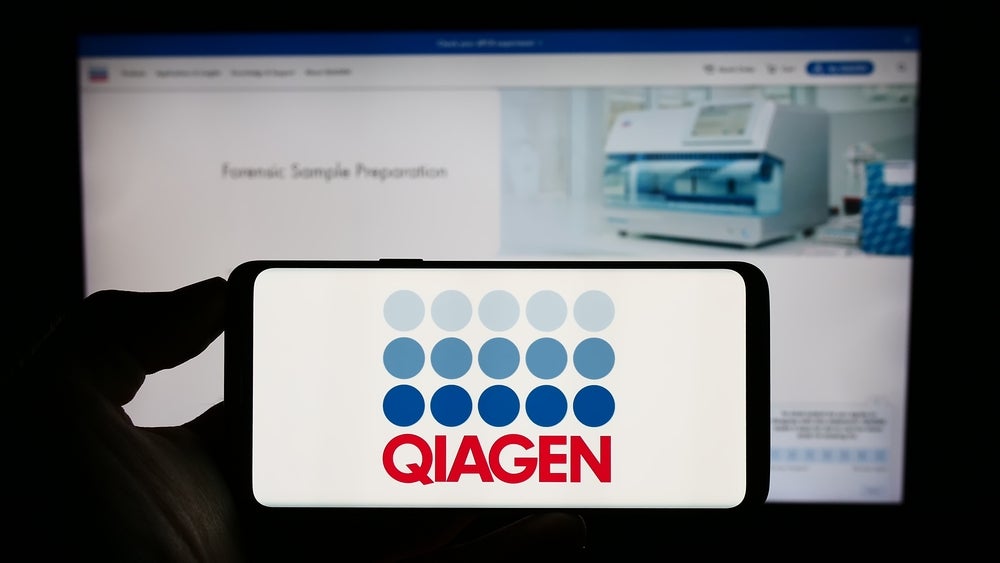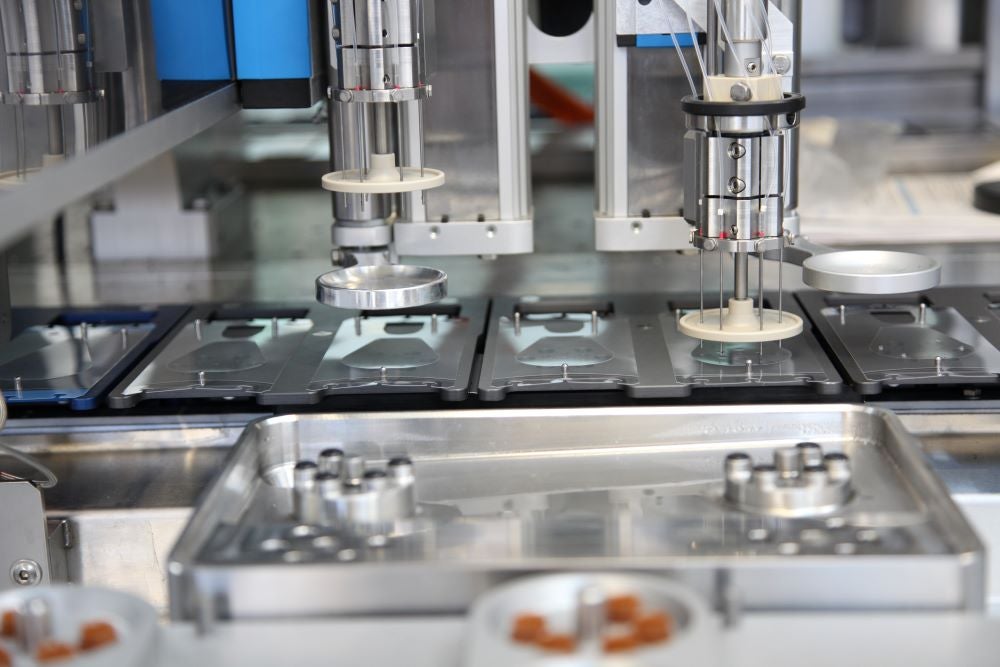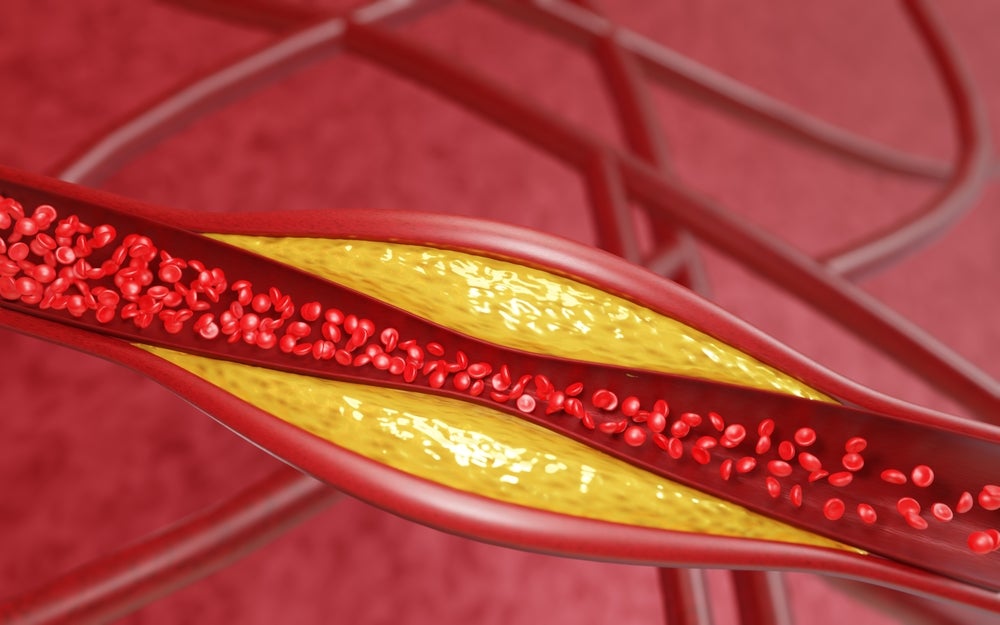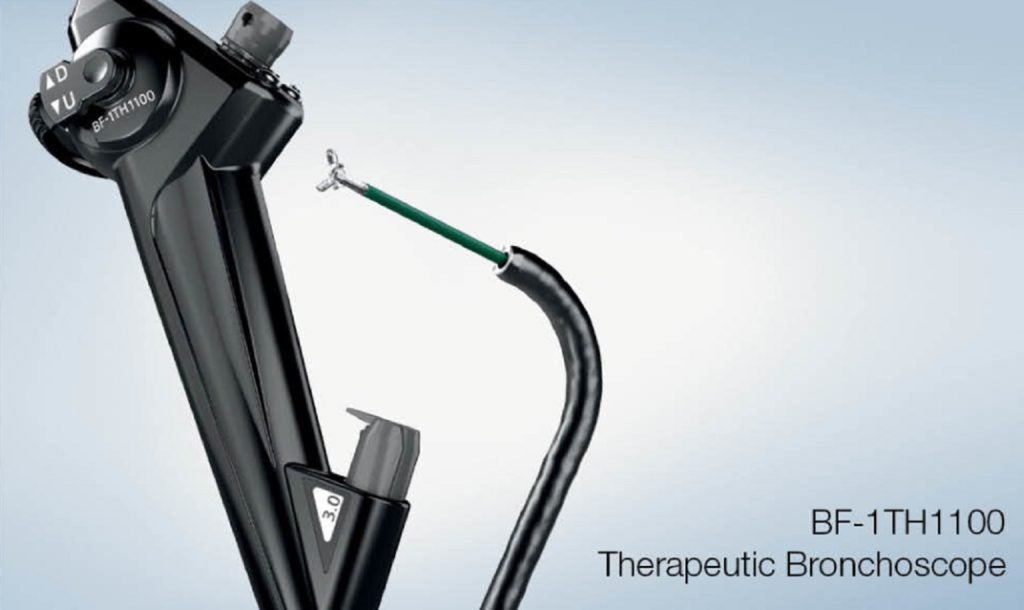The US Food and Drug Administration (FDA) has cleared Qiagen’s QIAstat-Dx Respiratory Panel Plus syndromic test, designed for pathogen detection in patients with upper respiratory infections.
The Netherlands-based company’s rapid panel covers 21 viral and bacterial targets which can cause upper respiratory infections and can give out results in about one hour. QIAstat-Dx panel was previously awarded emergency use authorisation (EUA) from the US FDA as QIAstat-Dx Respiratory SARS-CoV-2 Panel, in 2020.
The QIAstat-Dx panel can potentially improve the detection of co-infections, thereby, reducing the need for additional testing. The panel is available in two formats, a QIAstat-Dx Analyzer version that can integrate with up to four analytical modules and QIAstat-Dx Analyzer Rise, a higher-capacity version version capable of conducting 160 tests per day using eight analytical modules.
The company also plans to expand its portfolio for QIAstat-Dx in the US to include a meningitis and encephalitis panel, as well as a gastrointestinal panel, which is currently being reviewed by the US FDA.
Usual pathogen testing takes multiple days with rapid testing decreasing the analysis time. Multiple companies are developing rapid testing for diagnosing infection, with some even developing at-home tests to increase ease of use.
In February, Nexsen Biotech received grants totalling AU$5.5m ($3.56m) from the Australian Federal Government and Australia-based RMIT University support for the clinical development of a rapid point-of-care test, StrepSure. The test will diagnose the presence of Group B streptococci (GBS), which can cause serious infections in pregnant women, young babies, immunocompromised patients, and the elderly.
In September 2023, Glasgow-based diagnostics spinout Microplate Dx raised £2.5m ($3.1m) in seed funding to develop a point-of-care device to identify effective antibiotics for bacterial infections. The device would allow for the confirmation of bacterial presence in the sample and perform rapid antibiotic susceptibility testing to identify the effective antibiotic. The company plans to first develop the device for urinary tract infections (UTIs).
Last week, Qiagen partnered with the US Federal Bureau of Investigation (FBI) to develop a novel digital PCR assay capable of detecting and quantifying minimal amounts of DNA with high accuracy for forensic use.
















